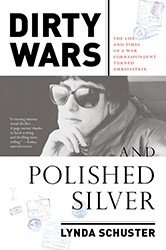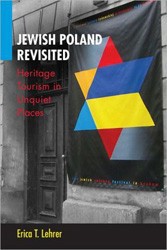This gripping memoir opens during Schuster’s early life as a teenager living on a kibbutz in Israel, seeking the adventure and spontaneity lacking from her hometown in Midwestern suburbia. The book then pans to Schuster as a young journalist at a pivotal moment in her career, petitioning to report from war-torn South America. Tragedy strikes, and she realizes that the excitement of war also comes with heartbreaking consequences and sudden loss.
In the rest of the memoir, Schuster takes the reader along with her as she falls in love and attends “Ambassatrix” school, created specifically for the wives of U.S. ambassadors. At first, Schuster longs to be different from the predictable suburbanites she grew up with. However, by the end of the war she finds herself weary of war and craving normalcy. She learns that sometimes the most prosaic parts of life are the ones we need most.
Schuster is able to turn just about anything into a thrilling story, including the seemingly mundane, such as adjusting to domestic life, raising a child, and tending to a household. Raw and witty, Dirty Wars stands out due to its relatability, even as Schuster describes events far removed from the reader’s own life. You will feel the author’s pain during her tragedies, laugh with her through happy times and funny anecdotes, and gasp in fear during moments of intense strife.






